CPN (US): Chair Nepal and senior leader Khanal at odds over operational methods
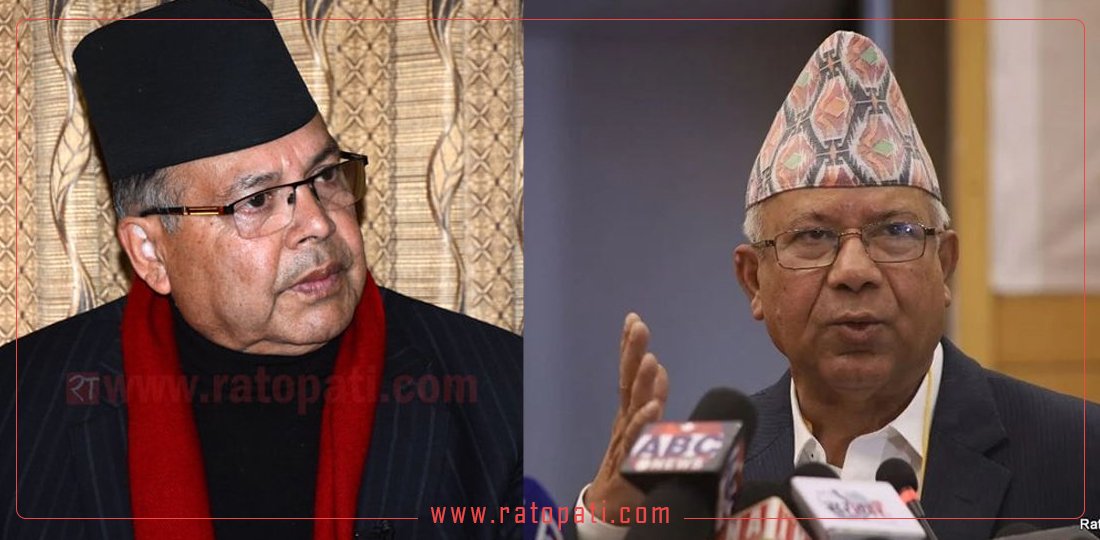
Kathmandu, February 20 — The two top leaders of the Communist Party of Nepal (Unified Socialist), formed after the split of CPN (UML), have expressed dissatisfaction with each other regarding the party's operational methods, procedures, and working style.
Despite both Madhav Kumar Nepal, the party's chairman, and senior leader Jhalanath Khanal holding top positions within the party, they have continued to voice their discontent with each other over the party’s methods.
The dissatisfaction, which began with the selection of leadership during the 10th General Convention in July, 2024, remains unresolved even after eight months.
According to party sources, disagreements between Nepal and Khanal started during the selection of the central committee at the convention.
Nepal supported a unanimous election of the central leadership, while Khanal favored competitive elections for the remaining positions, including central committee members.
This issue, along with leadership disagreements, has persisted throughout the year, especially during the election of the standing committee and politburo members.
After the 10th General Convention, a 344-member central committee was announced, a decision that went against the mandate of the hall.
Leaders like Khanal, Jivan Ram Shrestha, Ram Kumari Jhakri, Kisan Shrestha, and Prem Ale publicly expressed dissatisfaction with this process.
This disagreement has led to the inactivity of some leaders, including Shrestha and Ale, within the party.
In recent central committee and politburo meetings, Khanal and Nepal’s relationship has remained strained.
At the meetings, Khanal expressed his dissatisfaction in writing with Nepal’s leadership style, prompting Nepal to include his own criticisms in the form of a document.
The party is also facing internal divisions, with some leaders accusing the current leadership of being undisciplined and anarchic.
Nepal’s political report has pointed out the rise of undisciplined behavior within the party, highlighting that such tendencies are detrimental to the party's growth.
Khanal, on the other hand, countered this by stating that the party cannot function under authoritarian, bureaucratic practices, emphasizing the need for reforms.
Khanal and Bhusal, who are among the discontented leaders, have openly criticized recent decisions, including the removal of leadership responsibilities in affiliated organizations like the All Nepal National Free Students' Union (ANNFSU) and Youth Union.
These leaders claim that the party is veering towards factionalism, with leaders being removed without due process, and decisions being made arbitrarily.


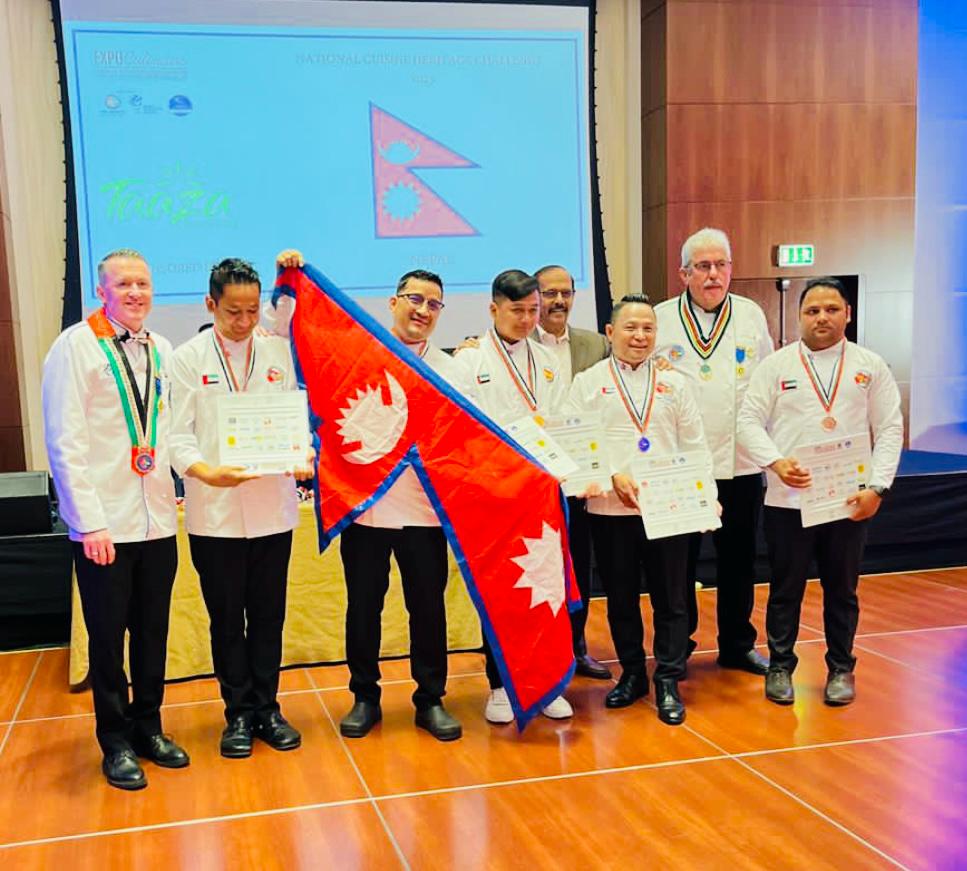
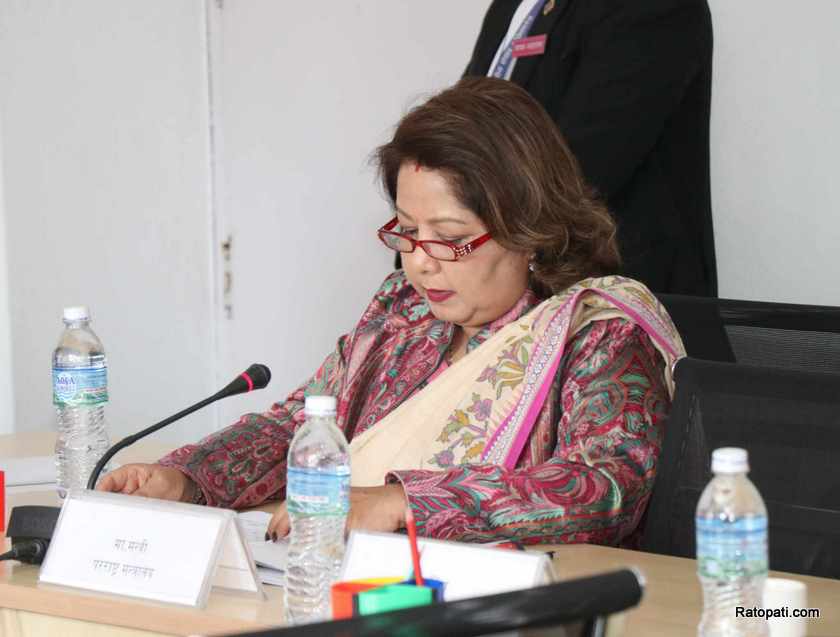


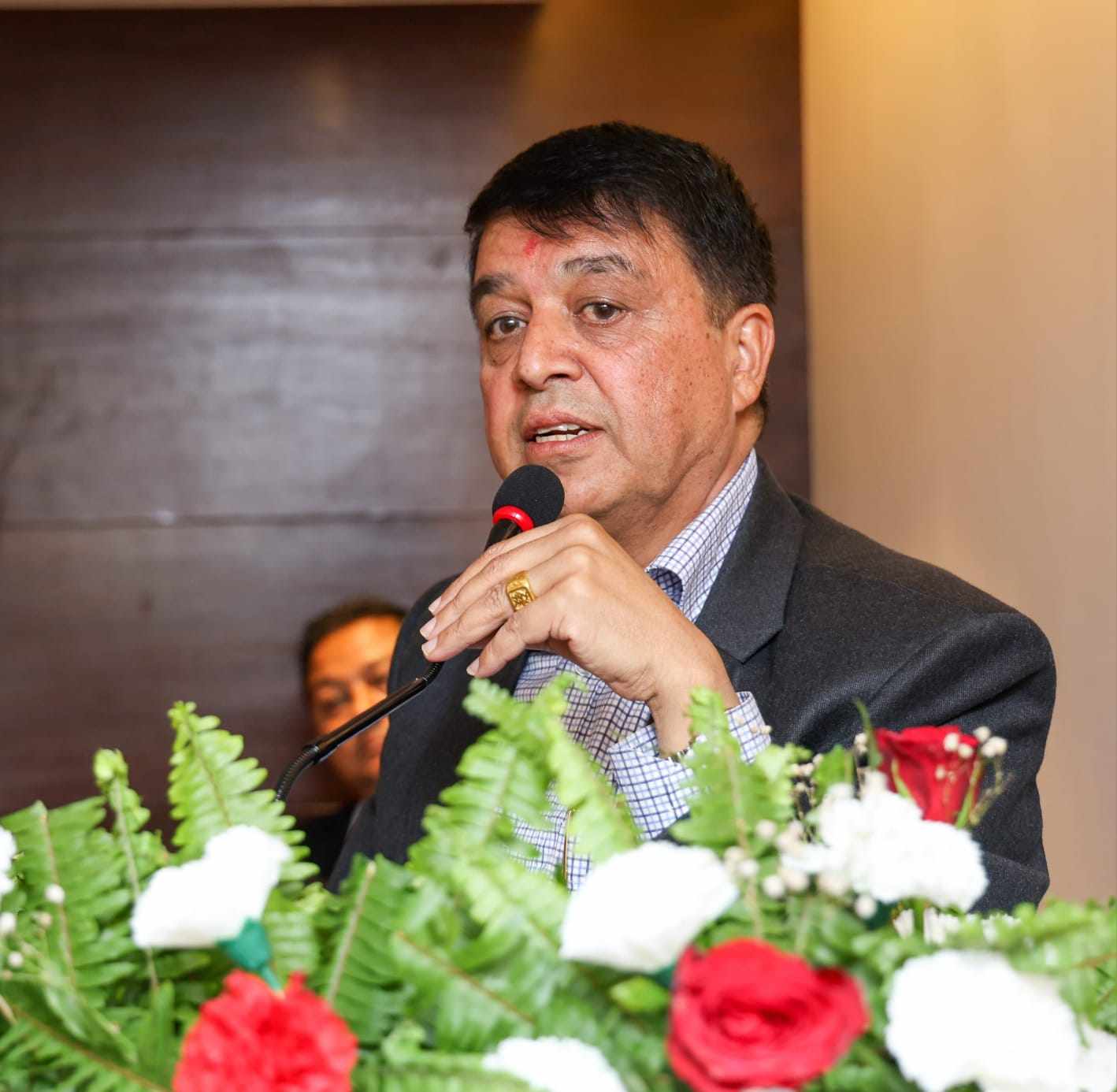
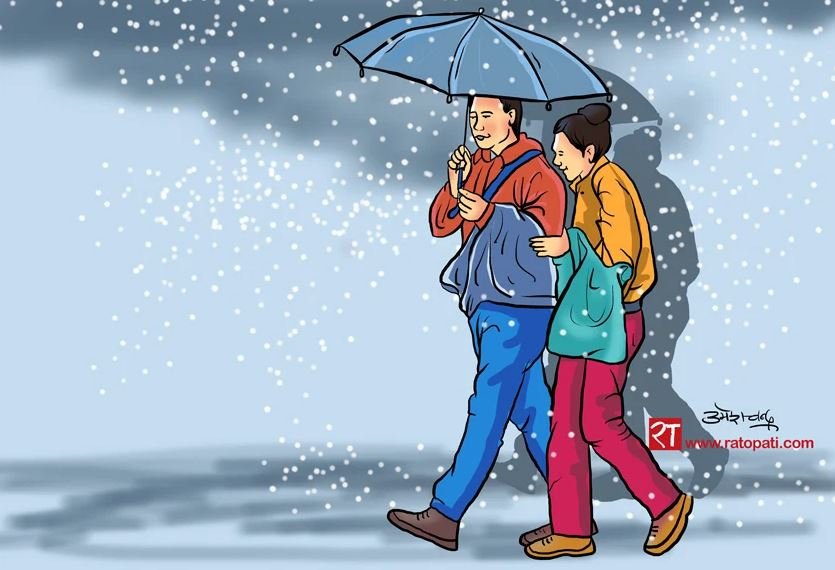

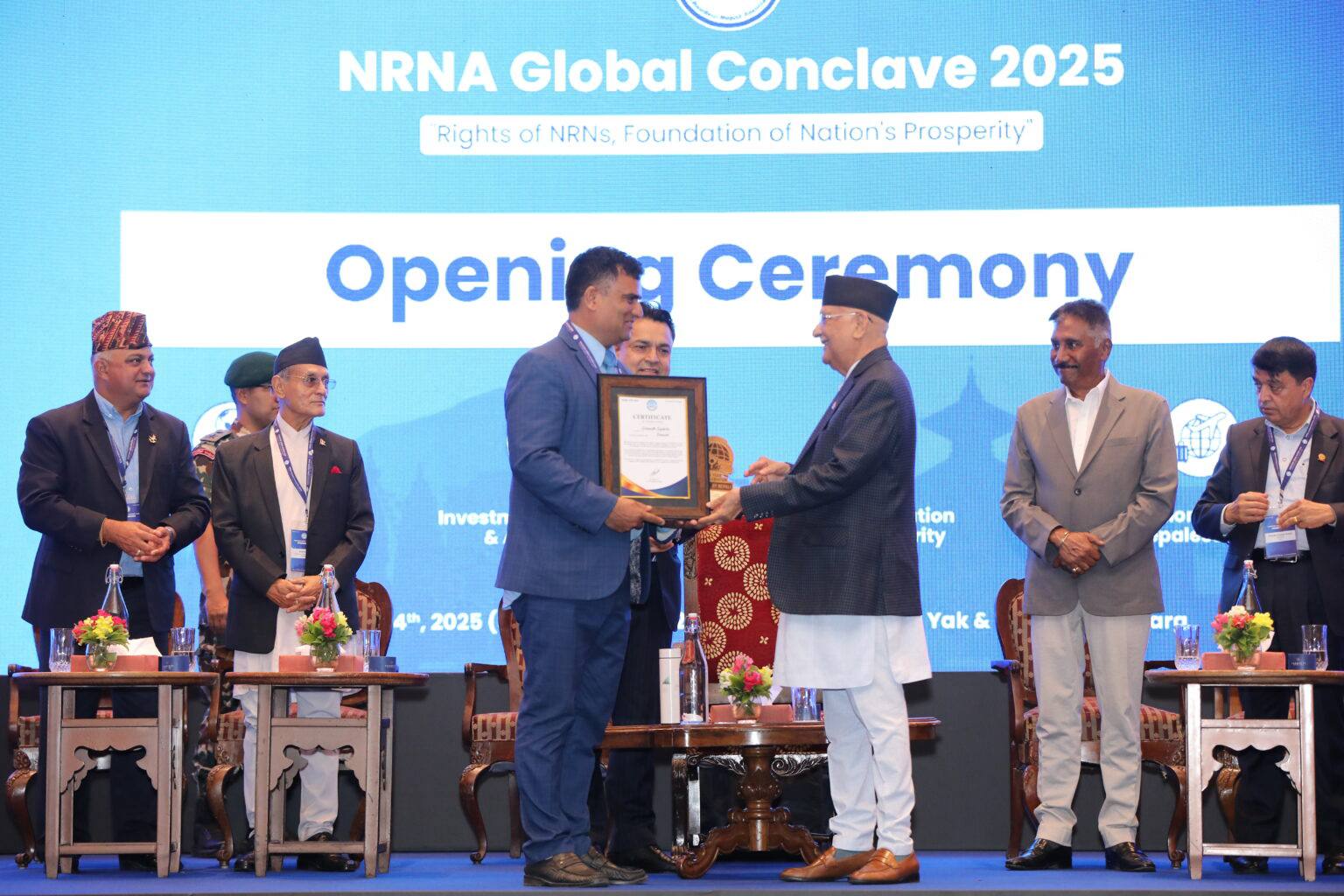
Leave Comment